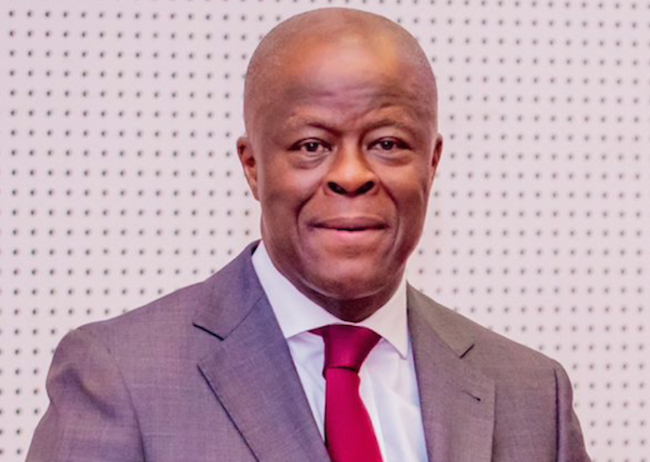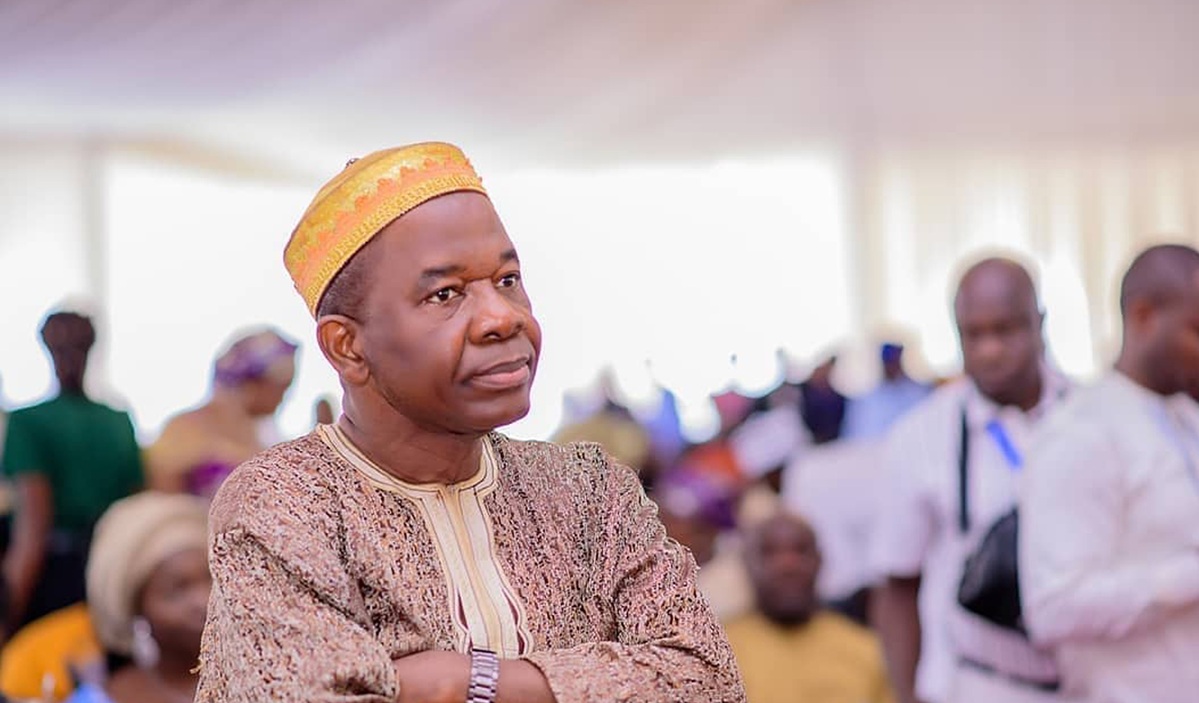By Toyin Akande
Copyright bizwatchnigeria

The Federal Government has suspended the controversial four per cent Free on Board (FOB) levy recently introduced by the Nigeria Customs Service (NCS) on all imported goods. The suspension was confirmed in a letter dated Monday, September 15, 2025, addressed to the Comptroller-General of Customs and signed by the Permanent Secretary for Special Duties in the Ministry of Finance, Mr. Raymond Omachi.
The directive, issued by the Minister of Finance and Coordinating Minister of the Economy, Mr. Wale Edun, followed mounting concerns from importers, trade experts, and other stakeholders about the levy’s impact on the economy.
According to the letter, the decision came after extensive consultations with stakeholders and experts, whose feedback showed that the levy would impose additional burdens on trade and business operations. “It has become clear that the implementation of the levy poses significant challenges to trade facilitation, the business environment, and overall economic stability,” the letter stated.
Stakeholders had consistently warned that the levy would fuel inflation, increase the cost of goods, and weaken Nigeria’s trade competitiveness. They also argued that it ran counter to government efforts to ease the cost of doing business and attract investment.
The Ministry of Finance clarified that the suspension is not a cancellation but a pause to allow further engagement with stakeholders and a comprehensive review of the levy’s framework. The ministry stressed the need to strike a balance between revenue generation and economic growth.
In April 2025, the Comptroller-General of Customs, Adewale Adeniyi, announced plans to reintroduce the levy after consultations with stakeholders. However, the move immediately drew backlash from traders, shipping firms, and manufacturers, who maintained that the charge would erode investor confidence and diminish Nigeria’s role as a regional trading hub.
“The Ministry of Finance looks forward to working closely with the Nigeria Customs Service and relevant parties to develop a more equitable and efficient revenue structure—one that supports government income without undermining trade or economic stability,” the statement added.
The government is now expected to hold fresh discussions with trade groups, freight forwarders, and importers to design a fairer system. Analysts believe the review period presents an opportunity to align Customs policies with broader economic reforms aimed at stabilising the naira, curbing inflation, and improving Nigeria’s ease of doing business ranking.
For now, importers and business operators have welcomed the suspension as a relief in a difficult economic climate. But experts caution that any future revenue measures must be carefully designed to avoid disruptions in trade and investment flows.



